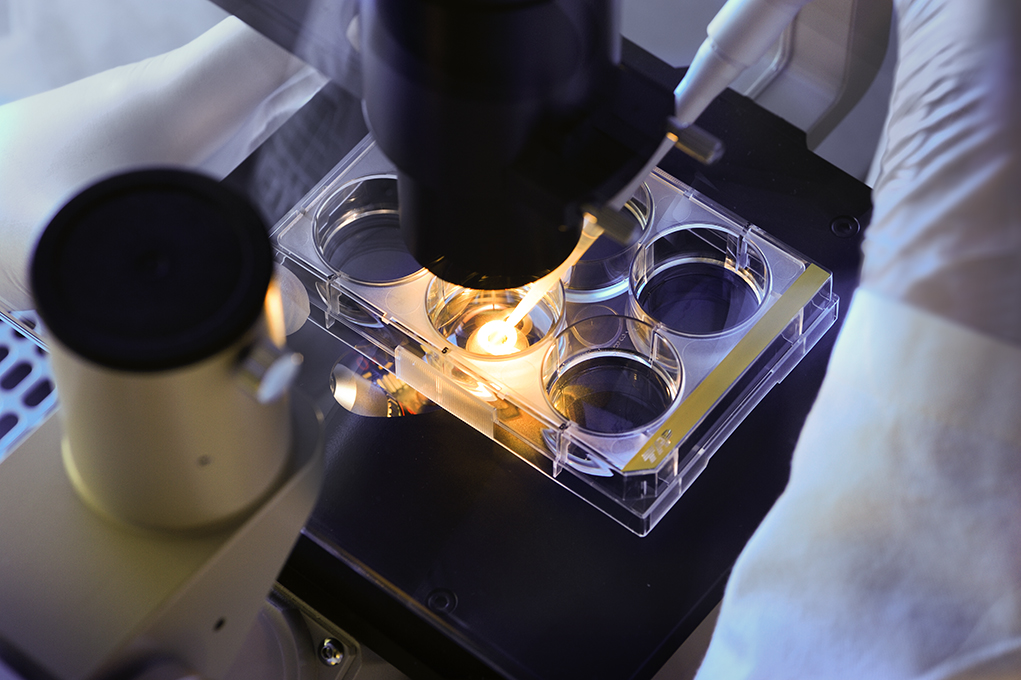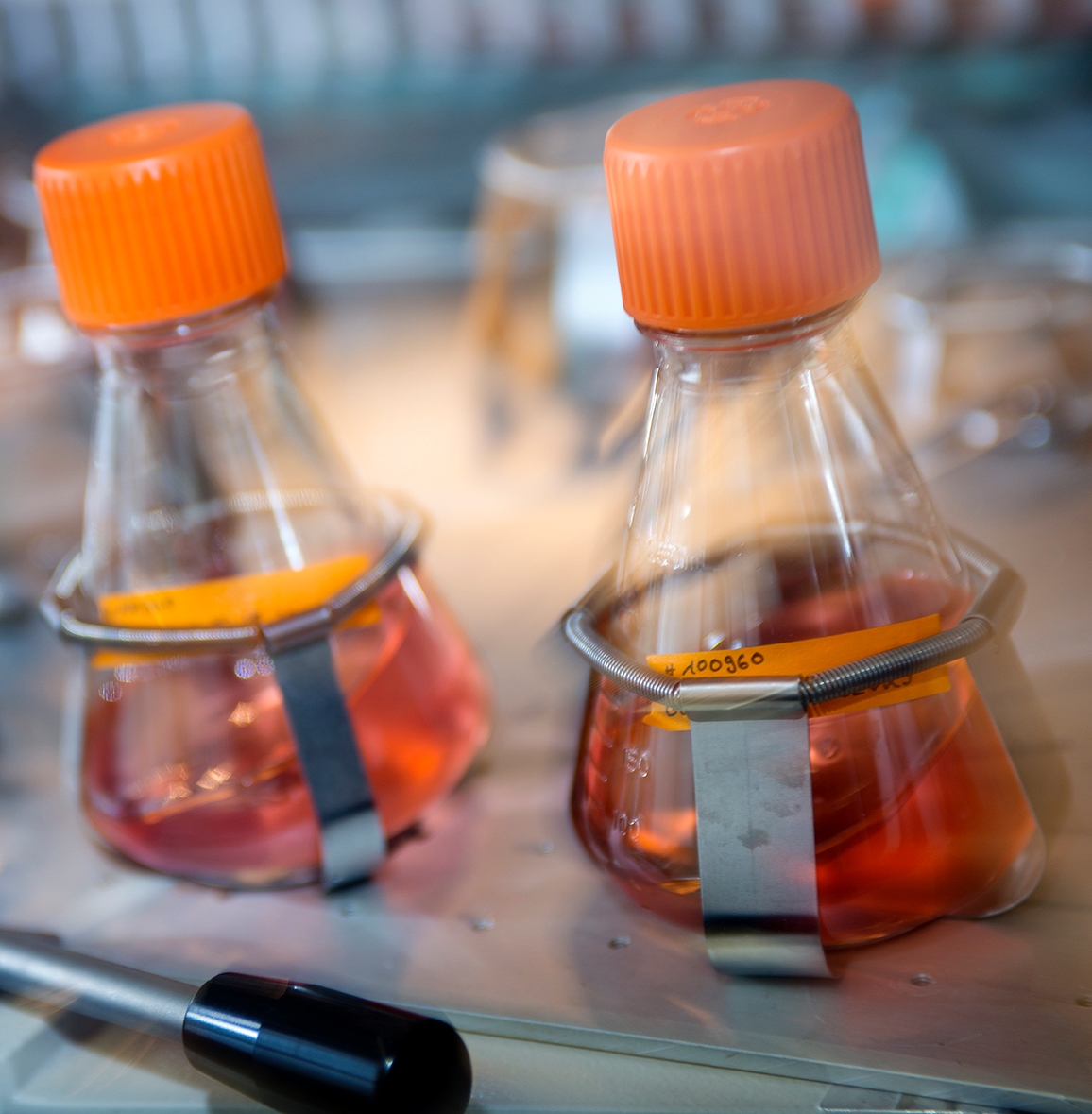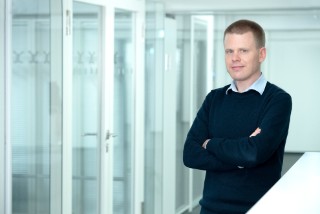A large proportion of biopharmaceuticals are recombinant proteins that are synthesized from genetically engineered cells by various heterologous gene expression systems. Most of them are produced either in recombinant microorganisms, preferably in E. coli, or in mammalian cells, namely when the protein must be natively folded and/or requires posttranslational modification to exhibit its biological effect(s). Due to the increasing demand for cost-effective and high-yielding expression systems, Fraunhofer ITEM is placing a strong focus on developing new, alternative expression systems along with state-of-the-art technologies.
Contact Press / Media
Dr.-Ing. Claudius Seitz
Manager of the Working Group on Microbial Cultivation
Phone +49 531 6181-6347
 Fraunhofer Institute for Toxicology and Experimental Medicine
Fraunhofer Institute for Toxicology and Experimental Medicine

